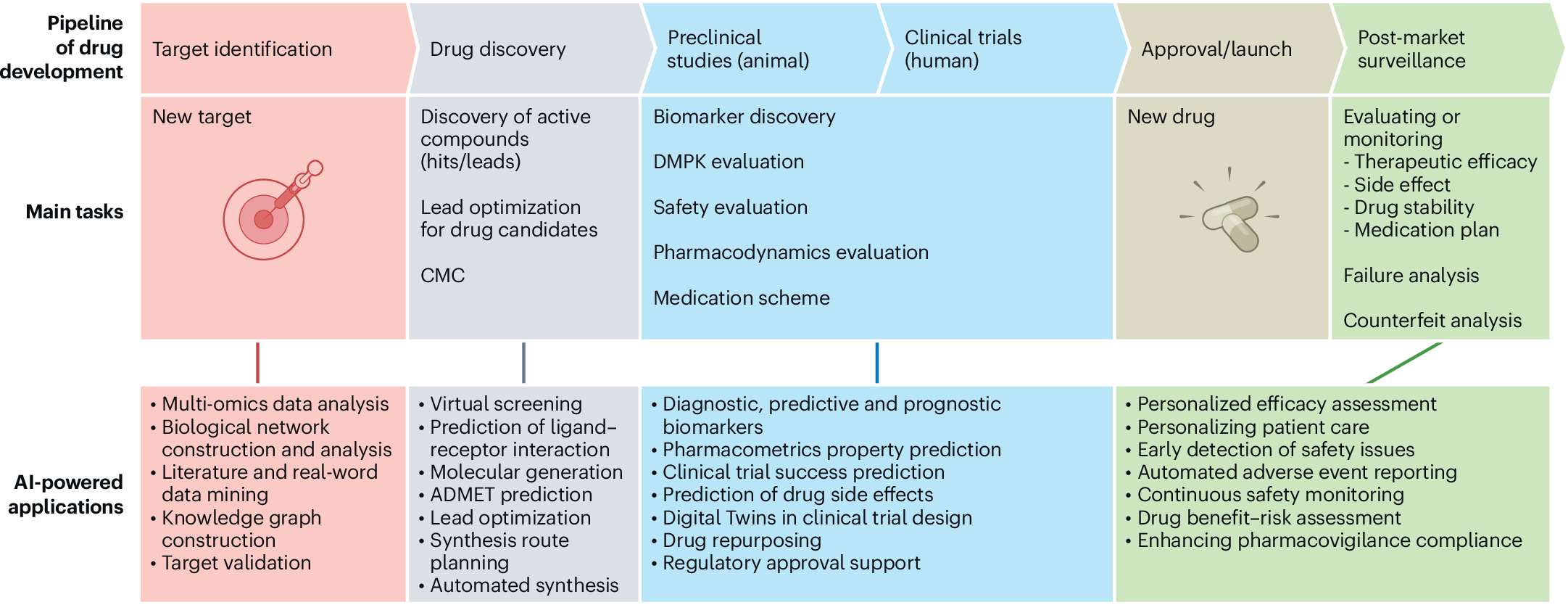AI Drug Development Faces Challenges Despite Technological Advances
Despite rapid technological advances, AI-driven drug development faces persistent challenges including funding shortfalls, regulatory hurdles, and the complexity of human biology, slowing the arrival of breakthrough therapies.

AI-powered drug development, once heralded as a transformative force in pharmaceuticals, is encountering significant obstacles that extend beyond technological limitations. On September 12, 2025, industry analysts and executives highlighted that while artificial intelligence has enabled faster identification of drug candidates and streamlined some research processes, the anticipated wave of breakthrough therapies has yet to materialize at scale[1][2][3].
Investor confidence in AI drug companies has waned, with funding for the sector dropping sharply compared to previous years. According to recent data, venture capital investment in AI drug development has halved since its 2021 peak, reflecting broader market trends and macroeconomic pressures such as elevated interest rates and political uncertainty[1]. This funding crunch has forced several companies, including Recursion and BenevolentAI, to restructure, shelve drug candidates, or pursue mergers, underscoring the financial volatility in the sector[1].
Technological Promise and Biological Complexity
Despite the setbacks, AI continues to offer substantial promise. DeepMind CEO Demis Hassabis stated in a Bloomberg interview that advanced AI models could potentially reduce drug discovery timelines from years to months, accelerating the identification of promising compounds and enabling more precise targeting of diseases[2]. AI platforms are now capable of simulating protein folding, predicting molecular interactions, and suggesting novel drug structures, which could lower costs and expand access to treatments globally[2][3].
However, experts caution that the complexity of human biology remains a formidable barrier. As Scott Schoenhaus of KeyBanc Capital Markets noted, "No matter how much data you have, human biology is still a mystery"[1]. AI tools typically address only one segment of the drug development pipeline, such as molecule screening, while the overall process—spanning clinical trials and regulatory approval—remains lengthy and fraught with high failure rates[1][2].
Regulatory and Market Challenges
Regulatory oversight is another critical challenge. AI-generated predictions must undergo rigorous validation to meet global drug approval standards, and the process of translating computational leads into approved therapies is slow and resource-intensive[2][3]. The market is also grappling with data privacy concerns, high implementation costs, and a shortage of professionals skilled in both AI and life sciences[3].
Despite these hurdles, the global AI in drug discovery market is projected to grow rapidly, with forecasts estimating it will reach $13.2 billion by 2035[3]. Strategic partnerships, government support, and ongoing innovation in computational chemistry are expected to drive future growth, but the industry’s immediate prospects hinge on overcoming funding constraints and demonstrating clinical success[1][3].
Outlook: Innovation Amid Uncertainty
Industry leaders remain cautiously optimistic. Companies are investing in next-generation AI platforms and seeking to validate their technologies through internal pipelines rather than relying solely on partnerships with major pharmaceutical firms[1]. The next year is seen as pivotal, with emerging clinical data expected to clarify whether AI can deliver on its promise to revolutionize drug development. Until then, the sector’s progress will be measured not just by technological advances, but by its ability to navigate financial, regulatory, and biological complexities.